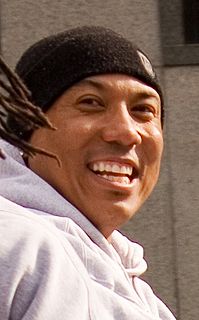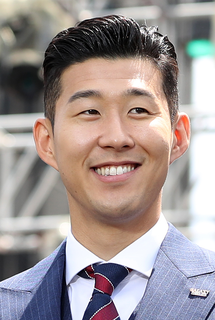A Quote by Hines Ward
I was a lost child. I wasn't accepted in the black community because I was Korean, and I wasn't accepted in the Korean community because I was black
Quote Topics
Related Quotes
Within the lesbian community I am Black, and within the Black community I am a lesbian. Any attack against Black people is a lesbian and gay issue, because I and thousands of other Black women are part of the lesbian community. Any attack against lesbians and gays is a Black issue, because thousands of lesbians and gay men are Black. There is no hierarchy of oppression.
It doesn't matter if you are in Borough Park in the Hasidic community, if you're in Flatbush in the Korean community, if you're in Sunset Park in the Chinese community, if you're in Rockaway, if you're out in Queens, in the Dominican community, Washington Heights - all of you have the power to fuel us.
I did not disregard my culture, if I did, it was the white American culture, and I accepted my true culture, when I accepted Mohammed Ali, because this is a black name, Islam is the black man's religion, and so I would like to say, that I would like to clarify that point that I reclaimed my real culture, and that's being a black man and wearing a black name with a black body, and not a white name, so I would never say that I didn't disown my culture.
Because once the black man becomes the political master of his own community, it means that the politicians of that community will also be black, which also means that he then will be sending black representation or representatives not only to represent him at the local level and at the state level, but, but even at the federal level.



































